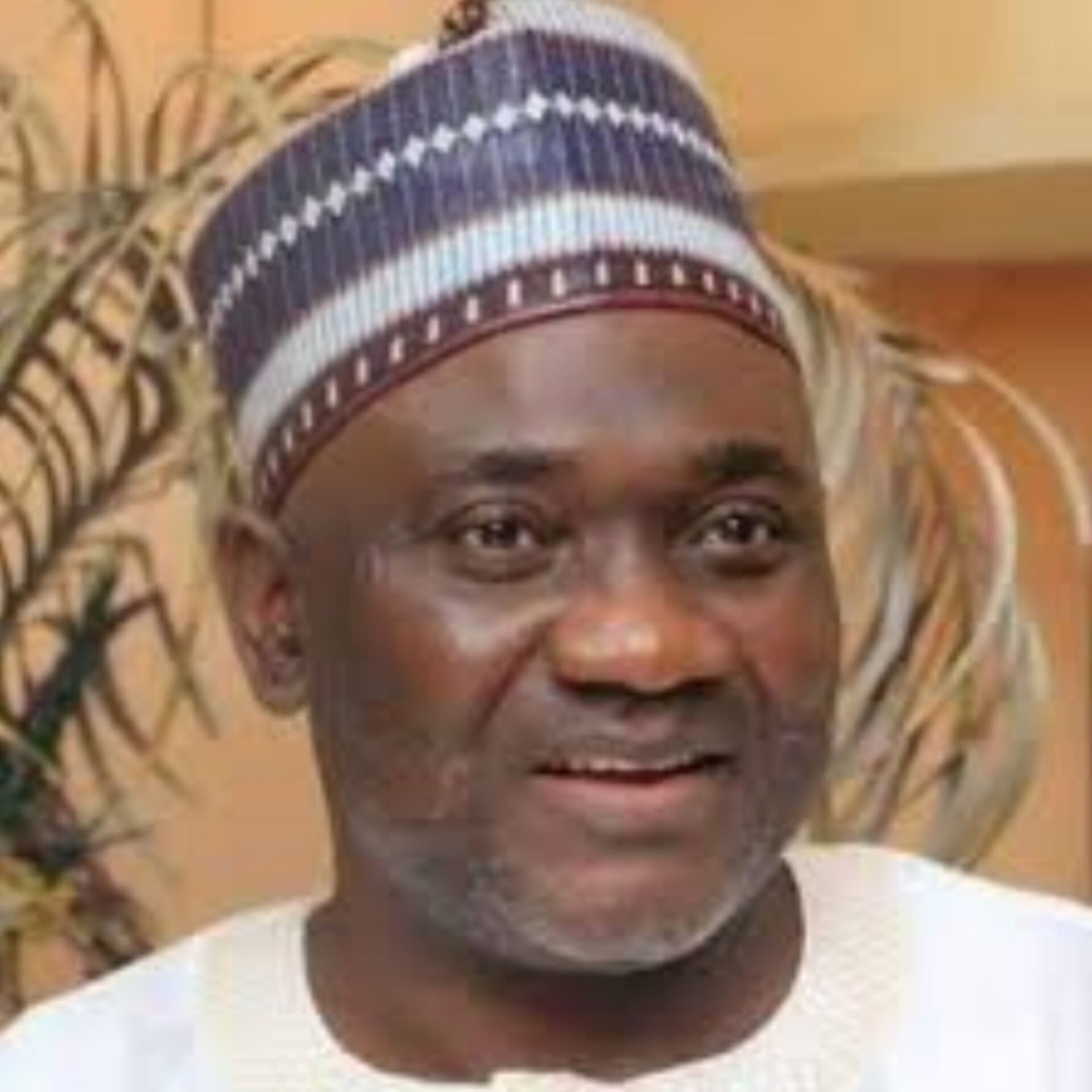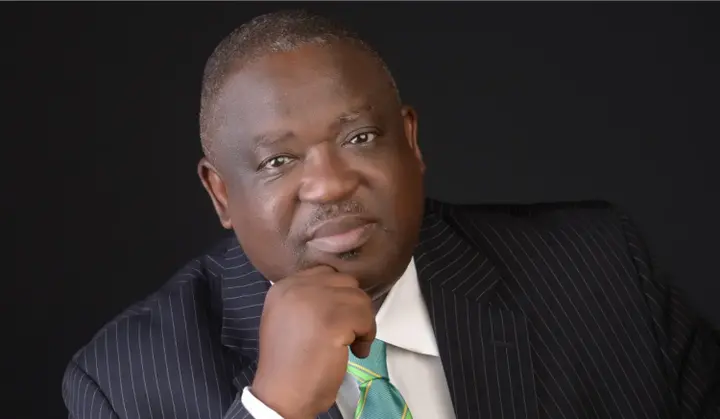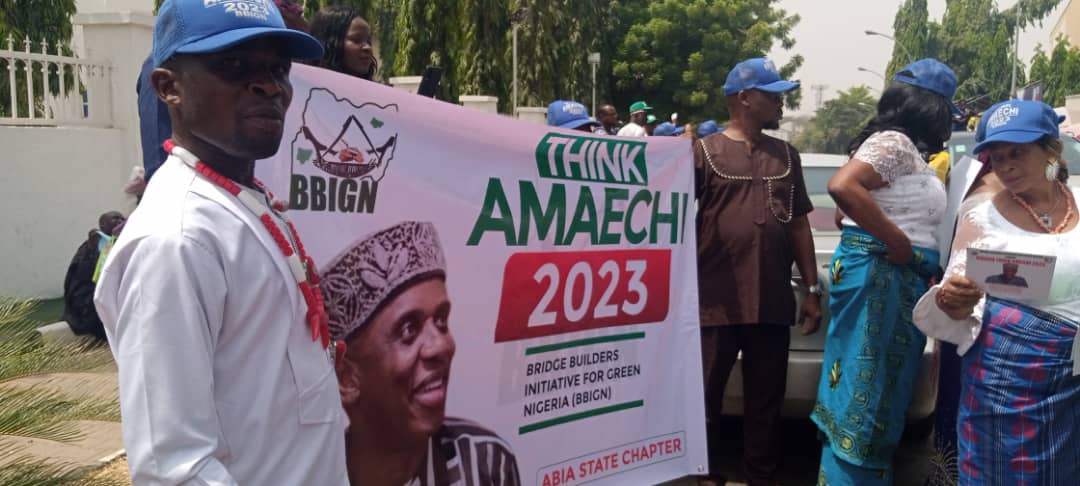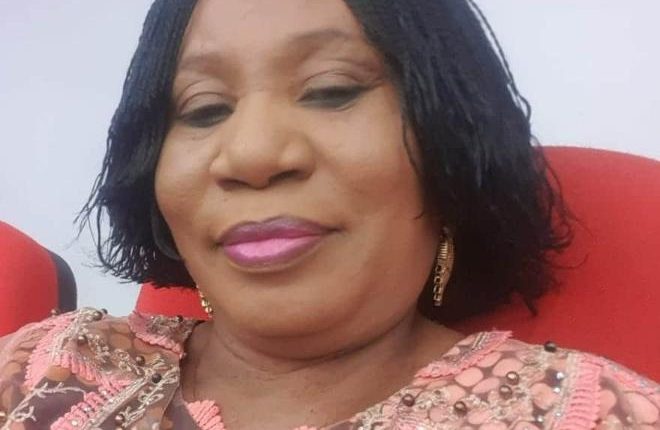The Nigeria Customs Service (NCS) has to brace up, find ways of increasing its N5.079 trillion revenue target for 2024, the senate has cautioned.
Chairman, Senate Committee on Customs, Isah Jibrin, gave the advice at a meeting with the agency’s Comptroller General, Adewale Adeniyi, and top management team in Abuja.
He said: “First of all, Nigeria is burdened with a lot of debt obligations and we need to wriggle ourselves out of that trap, and one of the ways to do that is internally generated revenue.
“Customs is one of the major providers of internally generated revenue, and as it is today, we expect them to play one of the major roles in this drive to reduce our debt burden.

“We need to pay off what we are owing now and minimise additional loans we are going to take. Customs is in a very good position; if they can block all perceived leakages, they should be able to generate a significant amount of income that will enable Nigeria to get out of debts, at least partially.
On concessions given to some sectors of the economy, the Kogi East senator clarified that the incentives were for those into agriculture, solid minerals and others whose services have direct impact on the economy.
He continued: “If somebody is bringing agricultural equipment into the economy and you try to take something out of that person in a way of import duty, that will discourage the person and that is what we are saying. It is not that anybody took that money or Customs compromised in the course of their services.
“Concessions are in the interest of Nigeria to encourage importers to boost the economy. There is a trade off here between importers and the country, particularly the things you think you are generating.”
On the unemployment rate in Nigeria, which he described as “very high,” Jibrin observed: “Customs is not the only employer of labour. They can only employ the number they believe they can adequately take care of, and we are putting them under pressure to exceed the 1,600 benchmark.
“We may not get beyond 2000, but for sure, we will get 1,600 and like we all know, there are so many unemployed Nigerians out there. I will always say it is difficult for the NCS to absorb all unemployed Nigerians, but they can only employ those they can.”
The NCS CG said his organisation was seeking approval to give waivers to owners of smuggled cars to allow them regularise their payment of duties.
On the naira exchange rate, Adeniyi said he is equally pained by the volatility in the exchange rate regime.
He observed: “In fact, even if it stays high and people can predict that this is what it will take me to clear, perhaps it is not particularly too bad, but when it is so volatile, today it is X, tomorrow it is X+10, X+20, it does not make for adequate planning and things like that.
“Correctly, it is the mandate of the Central Bank of Nigeria (CBN) to fix the rate, either the one we use during the Medium Term Expenditure Framework (MTEF) or the one we use for importation, or the one used for payment of customs duties. I have been in discussions with my minister. Perhaps, what you are going to advocate is that there would be a meeting point between authorities of government that oversee monetary policy and those in charge of fiscal policies.
“Personally, what I think we can do is to get a spot rate for a period. We can agree that for Year 2024, this will be the spot rate for payment of customs duties. We could say for the first half of the year.”




